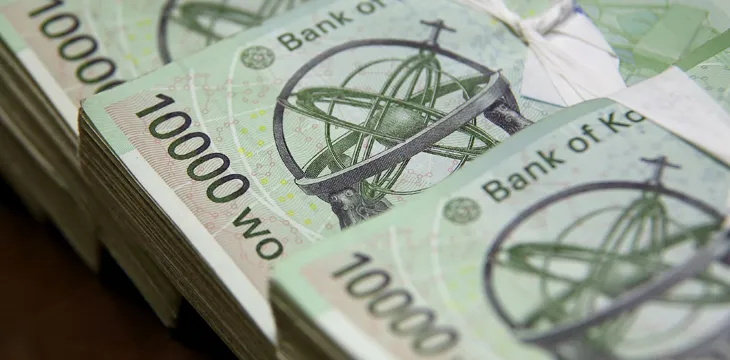|
Getting your Trinity Audio player ready...
|
On July 21, South Korea’s Justice Ministry issued a report that found that cryptocurrency-related crimes have resulted in an estimated KRW2.69 trillion ($2.28 billion) lost over the last 24 months. This has led to a large amount of financial damage in the country, including creating a lack of trust with crypto assets and exchange providers.
Loss has primarily occurred through fraud or other types of cryptocurrency scams. The ministry reported that there have been 132 criminals who have been arrested and detained for cryptocurrency-related crimes, with another 288 who have been held in jail or prison-related to these types of crimes.
This type of criminal activity has caused a serious lack of confidence within the country. Where South Korea was at one time had one of the most fervent customer bases in the world, now that fever pitch has fallen off sharply as these types of crimes have led many to doubt the security of the digital assets and the exchanges that service them.
As of May of this year, there are currently 205 cryptocurrency exchanges operating in South Korea, but the amount of activity and trades have dropped off sharply since January.
To try to boost consumer confidence, Justice Minister Park Sang-Kim has ordered that extreme measures be taken to stop these cryptocurrency criminals. However, a lack of regulation on cryptocurrency exchanges has led to an increasing number of anonymous or opaque accounts being created. This is outlawed by South Korean law, but the lack of regulation makes enforcement of the laws difficult at best.
Earlier this month, Shinhan Bank, one of the largest financial institutions within the country, declared their intention to monitor cryptocurrency exchanges while at the same time demanding stricter regulation be implemented.
At the time, a spokesman for the bank explained, “We have set up a comprehensive plan for the elimination of telecommunication and financial fraud… We will continue to implement preventive measures so that customers will not be harmed in the future.”
Yet, even this move does not seem to have had the desired effect. It appears that until the regulation is implemented on these exchanges, that the potential for fraud is too great in the minds of many potential customers and investors. This will likely lead to a continual decline in confidence, meaning that the fever by investors once permeated the country may be a thing of the past.

 07-04-2025
07-04-2025 





